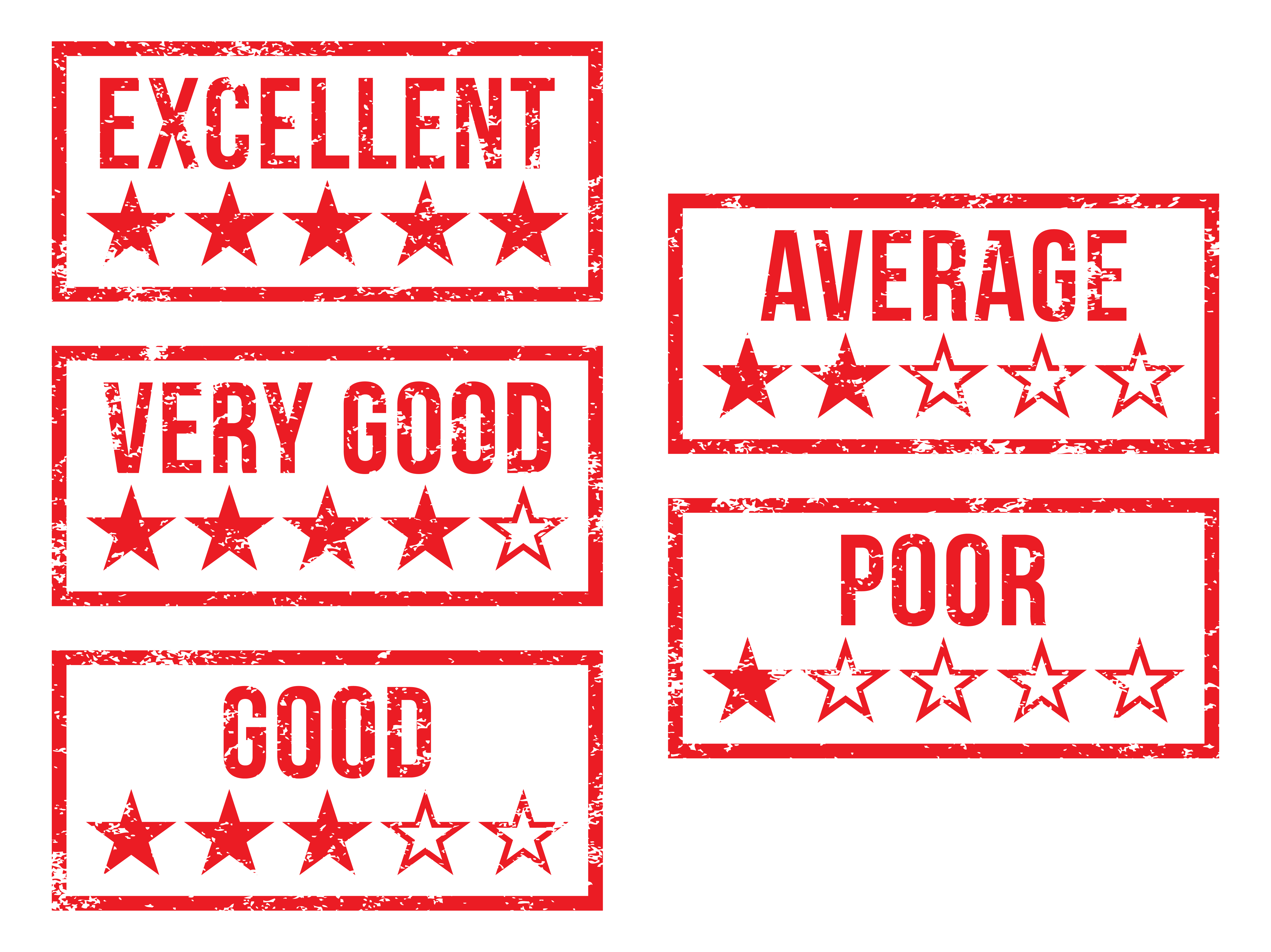

It’s performance review season.
Many of you in Corporate America are about to receive an annual overview of your behaviors and outputs. Then you’ll hear about your raise. Some of you will be happy. More than a few of you will question the subjective nature of this process and ask questions about how the rating was calculated, how it correlates to your pay, and how you rank against other members of your team.
Here’s what you need to know.
Performance reviews are always subjective.
When someone is your boss, that person is given permission to evaluate your performance. Your boss might be fabulous and support your craft, or he might be a jerk. Regardless, your company has given someone the obligation and responsibility of evaluating your activity. No robot is watching your behavior, tallying up your accomplishments, and creating a fair score. The closest thing we have to an objective model is a manufacturing facility shored up by union rules, and it’s not all that objective. Most of you in Corporate America reject that model. So don’t demand it for yourselves.
Performance isn’t related to compensation.
I know this feels counterintuitive, but your stellar performance doesn’t mean you’ll get a raise. Sometimes you’re at the top of the scale. Paying you more money might inflate the range. It could set a precedent for people who aren’t all that great to argue that they deserve to earn more. Also, some of your colleagues have been underpaid, and it’s time to make things right now that the Great Recession is over. And sometimes companies are tight with money and prefer to reward executives instead of workers. If you don’t like this, get into a position of power and fight it.
You can’t appeal anything.
Yes, you can disagree with your ratings or your raise. You can add an addendum to your personnel file. Honestly, none of that makes a difference. Instead of getting angry and trying to pretend like you’re a lawyer, get active. Listen to what you hear. Decide if you can legitimately address any performance deficiencies in a humble and straightforward way. Live with your raise and try to adjust your spending accordingly. If this process doesn’t sit well with you, start your job search.
HR is just the administrator. And maybe not even that.
Not everybody is a winner. You can’t give big raises to the entire company. (Well, technically, everybody can be a winner. And if you make a profit and the revenue numbers are up, the pool of cash can be larger each year depending on how you choose to spend that profit.) But for some reason, companies want to distribute ratings and money. Back in my day, HR professionals administered this process and tried to find a fair way to distribute ratings and pay raises. Now, all of this is automated. Your HR lady (or dude) might review the numbers to make sure leaders aren’t pulling a fast one and rewarding favorite workers. But maybe not. HR is being removed from work-related processes every single day. The performance review process is one example.
So here’s the deal: when you participate in a performance review conversation, take it with a grain of salt. If you have balance in your life, one conversation won’t define you. Keep your perspective about life. Remember that your parents still love you, your kids still need you, and the family pets need to eat. Don’t fly off the handle, but if you’re uncomfortable after the conversation, do start to think about a future where you work for an employer who makes you feel good — not bad — about your contributions.
Those companies exist. I promise you, they do.
Yes to all of this…with a twist. We actually have an appeals process for performance ratings. This was SO new to me. And it still seems odd because you appeal up through the head of your division…who approved the review in the first place.
It’s interesting that while HR is stepping aside from performance reviews, we are still viewed as doing something TO the organization, when it’s the organization that drives this request. But, don’t get into HR if you aren’t ready to be a scapegoat now and then.
The employee performance review from the manager’s point of view is not an easy task nowadays.
As usual we can’t say everything is bad or good, but it usually doesn’t go this way. There are always things that can (and should) be improved and things that we can praise.
However, the relationship with the employee tend to be quite delicate and you need to find a way to express your concerns about their low performance, while making them understand that you trust that they can achieve better.
Planning and writing notes prior to the actual review is crucial if you want to get the message through and avoid lower self esteem and performance as a result of the performance review.